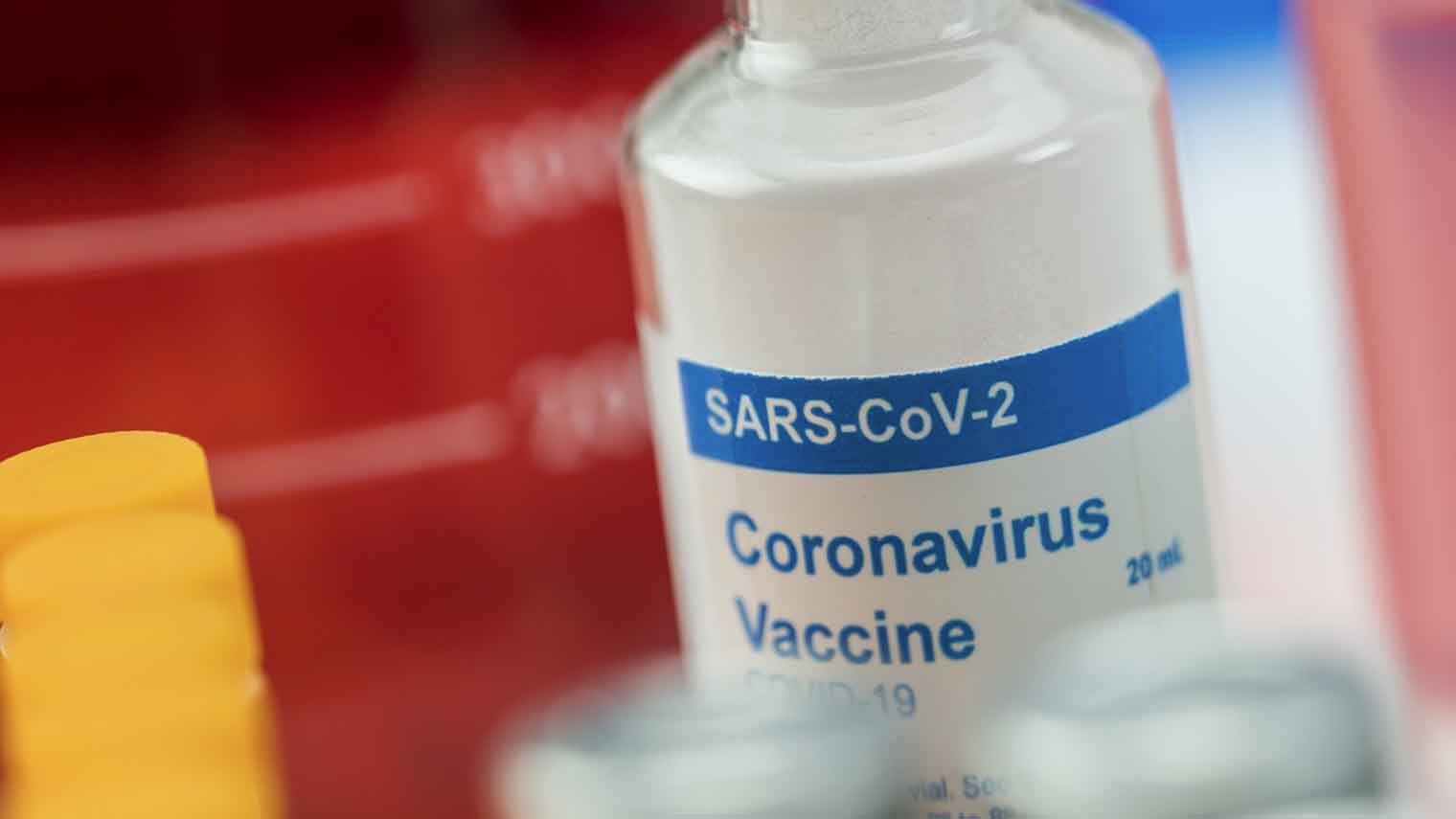Wyoming residents’ eligibility for COVID vaccine booster shots has been expanded to include seniors, along with those who may be at a high risk for the illness, the Wyoming Department of Health announced on Friday.
Dr. Alexia Harrist, state health officer and state epidemiologist with WDH, said the Centers for Disease Control and Prevention (CDC) has added booster dose recommendations for the COVID-19 vaccines manufactured by Moderna and by Johnson and Johnson (Janssen) for certain groups of people to previous recommendations issues for the vaccine manufactured by Pfizer.
The updated CDC recommendations follow authorization by the federal Food and Drug Administration.
“Booster doses do just what the name implies: they ‘boost’ the strong protection the vaccines already offer. This ‘boost’ is especially important for those who are most likely to experience severe illness or exposure to the virus,” Harrist said.
Among people who received two doses of either the Moderna or Pfizer COVID-19 vaccines, those eligible for a booster shot at 6 months or more after their second dose include people who are:
- 65 years and older;
- Age 18 and older who live in long-term care settings;
- Age 18 and older who have certain medical conditions that make severe disease more likely, and
- Age 18 and older with increased risk of COVID-19 exposure and transmission due to jobs such as healthcare workers or because they live or work in settings such as correctional facilities
For people who previously received a Johnson and Johnson vaccine, booster shots are also recommended for those who are 18 and older and who were vaccinated two or more months ago.
The CDC also approved a “mix and match” approach for booster doses, which means people may receive COVID-19 booster doses produced by a different company than produced their original vaccine. For example, those who previously received the one-dose Johnson and Johnson vaccine may choose a booster dose of either a Moderna or Pfizer COVID-19 vaccine.
“We continue to see high numbers of COVID-19 cases, hospitalizations and deaths in Wyoming and the state’s low vaccination rates contribute to our vulnerability to the aggressive Delta variant,” Harrist said. “For those people who are not yet vaccinated, getting started with COVID-19 vaccines remains a key priority and the most important step available to help prevent COVID-19 illness.
“COVID-19 vaccines continue to be safe and effective against COVID-19, including the variants, and are especially good at protecting against severe illness,” Harrist continued.
All COVID-19 vaccine doses continue to be offered at no cost to those who receive them.
Harrist noted it is considered safe to get a flu shot and a COVID-19 vaccine dose at the same time.
A person is considered fully vaccinated two weeks after receiving either of the Pfizer or Moderna vaccine or two weeks after one dose of the Johnson and Johnson vaccine.
The CDC earlier recommended an additional dose of Pfizer or Moderna COVID-19 vaccines for people with moderately to severely compromised immune systems.
Available data has shown that the vaccine’s protection decreases over time following initial doses. With the Delta variant being so contagious, health officials are seeing evidence of reduced protection against mild and moderate cases of the disease.





